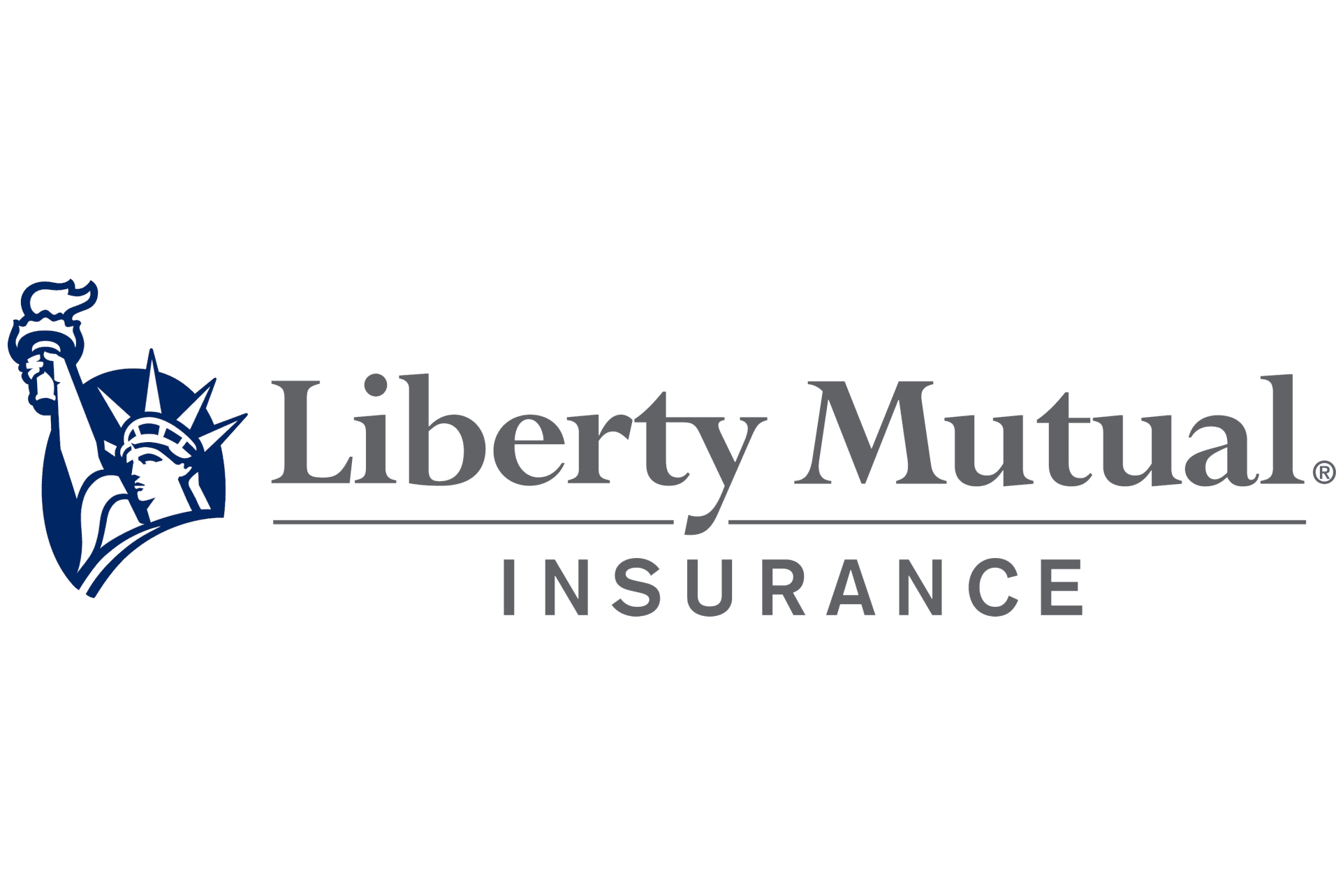What does general liability insurance cover?
Third-party injury: If a customer is accidentally injured while interacting with your business, general liability insurance assists in covering expected medical expenses.
Example: A customer slips in a puddle and breaks their leg while walking through your store. They sue to recover their hospital expenses. A general liability insurance policy will assist in covering these expenses up to policy coverage limits.
Third-party property damage: When a customer’s property is damaged or lost while interacting with your company, general liability insurance will cover repair costs or replacement value of the visitor’s property.
Example: Your employee is replacing a faucet and does not finish the installation properly. Water begins leaking after they leave, and the customer ends up suing for property damage. General liability insurance coverage will help pay for the expense to replace the customer’s water-damaged property.
Advertising injuries: This protects your business while advertising your products or services. It ensures that if anyone claims slander, copyright violation, advertising misinformation, or libel, you will be covered.
Example: After your business runs an advertisement, and another company claims you have infringed on their existing copyright on the photography that was in the ad. General liability insurance will cover lawsuit fees or expected damages.
Legal costs to defend a lawsuit: After a third-party injury or property damage, if a customer decides to sue your business, general liability insurance can cover the cost to defend yourself at trial and most potential judgments or settlements that occur during the legal process.
Example: After a customer hurts themselves at your business, they decide to file a lawsuit. Expected legal defense costs can range from hiring an attorney, paying an expert witness fee, and paying the injured party what they are owed if the lawsuit’s outcome is not in your company’s favor.
What is NOT covered by general liability insurance?
Intentional injuries or property damage. While general liability insurance insures your organization against injuries due to accidents, if an injury occurs because of negligence or is considered intentional it will not be covered.
Theft or damage of your business’ property. A business owner’s policy will most often cover your company assets.
Vehicles owned by your business. Most vehicles that are used for business purposes must be covered by commercial auto insurance.
Professional service disputes. If the outcome of a service contract is up for debate, whether it is for not meeting requirements or insufficient work, it will not be covered under general liability insurance. Professional service providers should think about getting a professional liability insurance policy to protect against these claims.
Employee injuries at work. To cover accidental injuries to employees, a business will need a workers’ compensation insurance policy. This will help a business pay for employee lost wages from not being able to work, medical expenses, and ongoing care, physical therapy, and funeral expenses.










